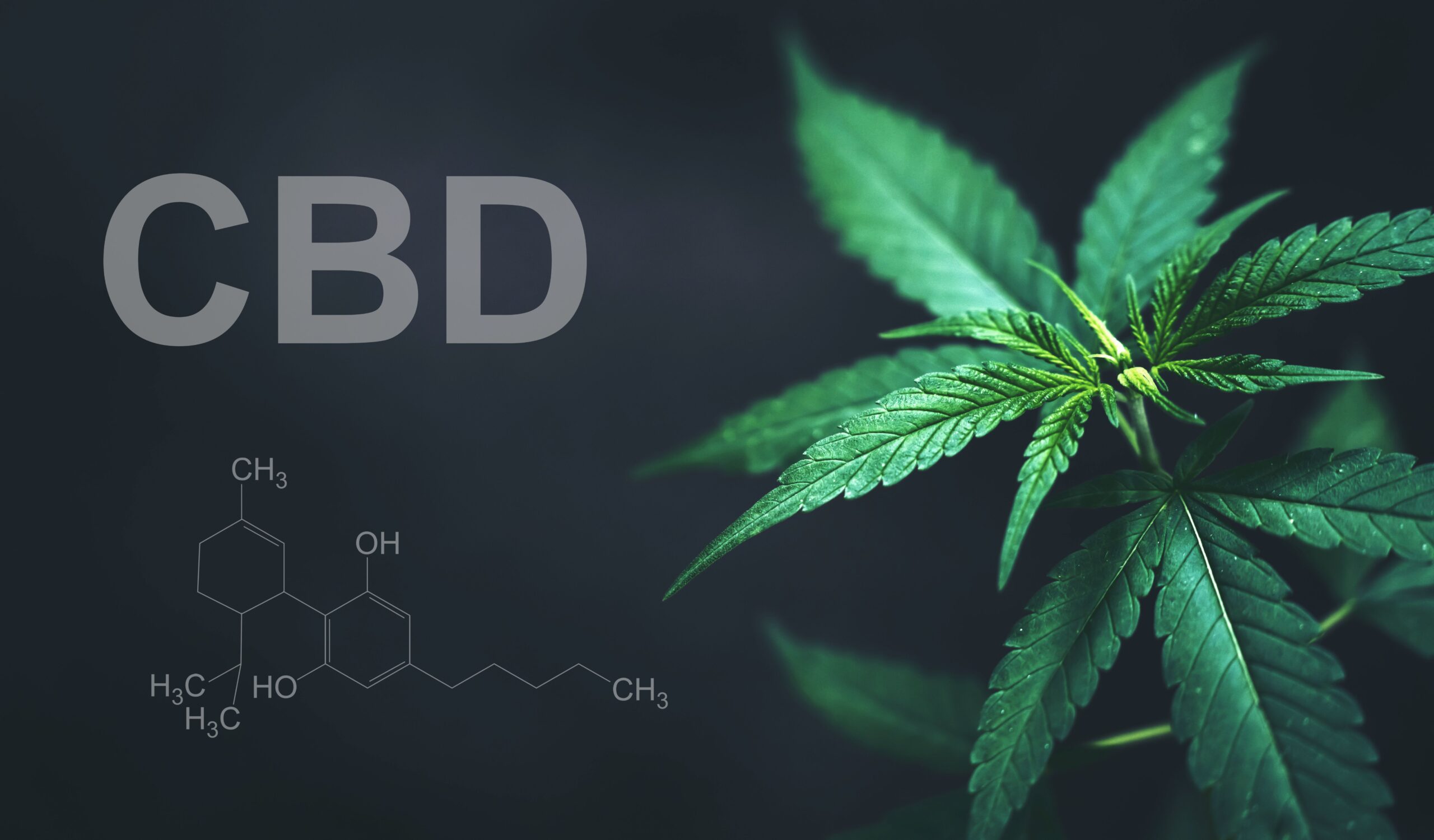FDA Study Reveals CBD Can Elevate Liver Enzymes in Adults

Cannabidiol (CBD) has become increasingly popular in the United States, with nearly 21% of adults reporting usage in the past year. Many individuals turn to CBD for relief from a variety of conditions, including anxiety, sleep disturbances, and chronic pain. A recent clinical trial led by the Food and Drug Administration (FDA) has revealed concerning findings regarding the effects of CBD on liver health.
The trial discovered that even low doses of CBD can lead to clinically significant elevations in liver enzymes among healthy adults. Specifically, 5.6% of participants experienced elevations in alanine transaminase (ALT) or aspartate aminotransferase (AST) that exceeded three times the upper limit of normal. These elevations resolved once CBD use was discontinued, highlighting the need for careful monitoring.
Clinical Trial Insights
The randomized, double-blind, placebo-controlled study evaluated the effects of oral CBD at a dosage of 5 mg/kg/day over a 28-day period. The participants, aged 18 to 55, underwent weekly liver function tests, including measurements of ALT, AST, bilirubin, and alkaline phosphatase. In the group taking CBD, seven participants met the criteria for potential drug-induced liver injury, while none in the placebo group exhibited similar effects. Importantly, none of the participants developed clinical symptoms related to these enzyme elevations.
An analysis published in MedPage Today corroborated these findings, indicating that approximately 6% of typical CBD users may experience similar enzyme elevations. Most cases remain asymptomatic and could go undetected without routine liver function testing.
Animal Studies and Implications
Animal studies have also raised concerns about CBD’s impact on liver health. A comprehensive 90-day toxicity study in rodents found that high doses of CBD led to moderate increases in liver weight, suggesting hepatic stress. Male rats given 460 mg/kg and female rats receiving 230 mg/kg exhibited signs of liver strain, though these effects reversed during a recovery phase. While the doses used in the clinical trial were significantly lower, these findings suggest a potential risk of liver enzyme elevation in humans.
Given the potential for enzyme elevations at doses commonly used by consumers, healthcare professionals, particularly pharmacists, are advised to recommend baseline liver tests before initiating CBD treatment. Follow-up tests every four weeks during the first month of treatment are also essential to monitor liver function.
Patients should be informed that even low-dose CBD can affect liver enzymes and that elevations may occur without symptoms. They are advised to avoid alcohol and drugs that may harm the liver, such as acetaminophen, and to report any unusual symptoms to their healthcare provider.
Additionally, CBD has been shown to inhibit key enzyme proteins, specifically CYP2C19 and CYP3A4, which can increase plasma levels of commonly prescribed medications like statins and antidepressants. Pharmacists are encouraged to review patients’ medication profiles and advise on necessary dosage adjustments.
With the growing popularity of CBD, ensuring safe use is paramount. Pharmacists should recommend reputable, lab-tested CBD products to mitigate risks associated with impurities and contaminants. Collaboration with prescribers is also crucial, particularly for patients with pre-existing liver conditions or those on multiple medications.
In conclusion, the FDA-led study indicates that CBD, even at commonly used doses, can result in mild, reversible elevations in liver enzymes in approximately 5% to 6% of healthy adults. These findings underscore the importance of proper monitoring and patient education, particularly given the absence of long-term safety data. As the use of CBD continues to rise, pharmacy professionals play a vital role in facilitating safe practices and monitoring liver health.






